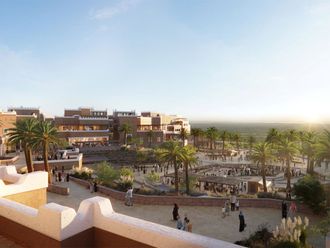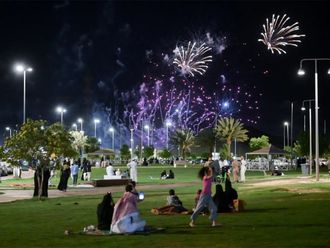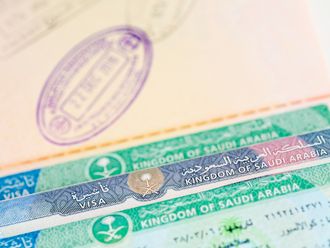Technology, by its very nature, implies an expectation to stay current, innovative and cutting edge. In the hospitality business, this involves making sure that we are delivering what guests desire.
When it comes to technology desired by guests, we do see a difference in the demands of high-end leisure travellers as opposed to frequent business travellers. For business travellers, in particular, itineraries can be incredibly intense and time constraints can be very high. In such a situation, the expectation is that the hotel one chooses to stay in makes the whole process of travel easier. Any frustration in this process — including with technology — costs time and this leads to frustration with the overall stay.
In this context, hoteliers need to look for ways to help guests optimise the most valuable commodity they have — their time. This can be through channels that help guests complete essential formalities quickly or become productive almost immediately.
At Four Seasons, this has translated into service offerings such as complimentary Wi-Fi connections in the higher end car fleets and contracted limo services at select Four Seasons locations around the world. Cars and rooms are also often equipped with iPads offering hotel information such as dining and spa menus. In terms of the adoption of technology, hoteliers need to focus on adopting technology that is a real value add to their guests. For example, something as basic as a high-tech, well-equipped business centre is still highly appreciated. Hotels often have senior executives staying with them and these business people are used to a high level of support. Travelling without their personal assistants, for instance, can leave them feeling a bit exposed when it comes to basics such as organising secretarial services. In this case, having the technology is not as important as having qualified and experienced staff who can offer assistance when a guest needs a bit of help.
There is a huge focus on getting the basics right when it comes to technology but there should also be a focus on getting the human elements right. Even if you have the latest technology, sometimes it’s something as simple as having conveniently located charging points for various mobile devices or having multi-adapters that guests can use that is most appreciated.
There are technology elements that have applications in other areas such as F&B — for example intuitive lighting that changes by the time of day or that widens or narrows its focal point based on how many people are seated at a table. All these elements are essential but in terms of what guests appreciate most, it’s technology that makes their life easier.
Hoteliers need to be mindful of where to draw the line so that technology extends the value of what is being offered. Technology is critical but it needs to be delivered and supported by an experienced team of people. No guest wants a completely sanitised experience — few people want to press a button and have their key room delivered through a drop box. We’ve found that our guests value and appreciate human interaction and that will always remain. The areas where we see the greatest appreciation of technology are where they anticipate and meet a need, save time and enhance a guest’s stay.
At the end of the day, you never have guests write back to tell you the internet was really quick and that their conference call worked without a hitch. That is expected. You get guests writing back to tell you that someone went out of their way to make their stay more comfortable or their day easier — the human element is always more appreciated. Technology helps people do their job better but hotels need to ensure that in an effort to be more innovative and keep up to date with the latest technology, they do not erode the personal touch and attention that really makes a guest’s stay exceptional and memorable.
(Simon Casson is Regional Vice President, Four Seasons Hotel. He is also General Manager of Four Seasons Hotel Doha)












